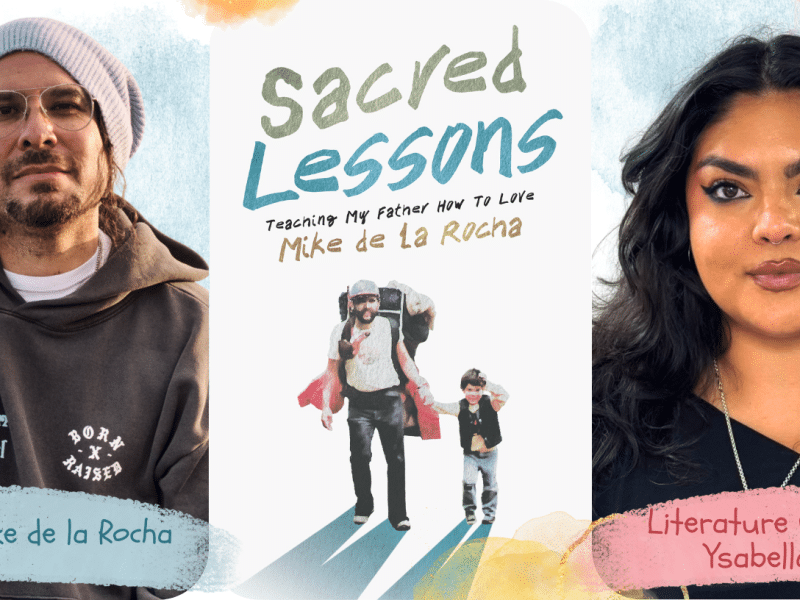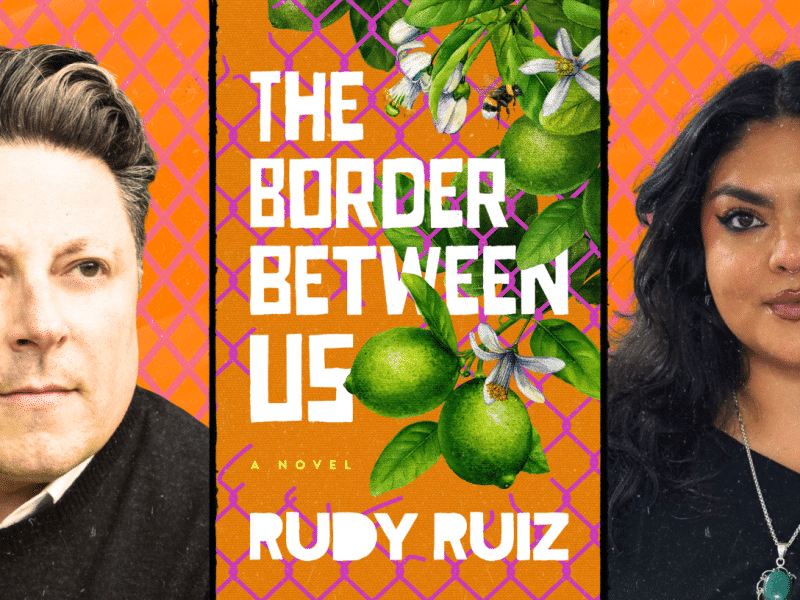Why Latino Actors and Artists Often “Whitewash” Their Names
In glitzy Hollywood, where success often hinges on image and perception, many Latino artists and actors have felt compelled to transform their typically “ethnic-sounding” names into more anglicized ones. But what drives this phenomenon?

This article is part of a series developed in partnership with Project Pulso.
In the spotlight of Hollywood, where image and perception often hold the reins of success, many Latino artists and actors have found it necessary to “whitewash” their names. This practice, which involves changing their typically ethnic-sounding names to ones that are more anglicized, has been prevalent for decades. But what is the reasoning behind it?
Striving for Universal Appeal
At its core, the decision to adopt a more anglicized name often springs from the desire to appeal to a broader, more global audience. Hollywood, as an industry, has traditionally catered to English-speaking markets, and actors with names that are easier for this demographic to pronounce and remember have often found more success.
Take, for example, Guatemalan-American actor Oscar Isaac, born Óscar Isaac Hernández Estrada, who has spoken about his decision to shorten his name. Isaac has shared that adopting a “whiter” stage name allowed him to avoid being typecast in stereotypical Latino roles, thus enabling him to compete for a wider array of characters.
Breaking Down Stereotypes
Another factor that has driven Latine actors and artists to anglicize their names is the fight against Hollywood stereotypes. Latine actors have historically been pigeonholed into specific roles, often as gangsters, maids, or exotic temptresses. By adopting a more anglicized name, many have sought to escape these narrow, limiting stereotypes.
Richard Valenzuela, better known as Ritchie Valens, the rock n’ roll pioneer best known for “La Bamba,” anglicized his name to broaden his appeal and navigate the music industry’s racial dynamics in the 1950s. His choice was largely a survival strategy in a predominantly white industry.
Conforming to Industry Norms
Hollywood has been known for its rigid and often discriminatory norms, and these have historically extended to the domain of names as well. For many Latino artists, adopting an anglicized name has been a way to conform to these norms and enhance their chances of success.
Take the example of Lynda Carter, the actress known for her iconic role as Wonder Woman. Although she is of Mexican descent on her mother’s side, her decision to use her father’s anglicized last name instead of her mother’s (Cordova) may have been influenced by the industry’s biases.
A similar story can be found in the life of silent film actress Anita Page, born Anita Evelyn Pomares. Page, who was of Salvadoran descent, rose to stardom in the 1920s, a time when being Latino was not widely accepted in Hollywood. By adopting a more anglicized name, she navigated around the ethnic prejudices of her time.
Regrettably, this recurring occurrence has plagued numerous Latino celebrities repeatedly, as exemplified in Pulso’s enlightening series, “Unlocking Our History“.
Beyond Hollywood: Have you ever mispronounced your own name?
This phenomenon of “whitewashing” names extends beyond the glitz and glamour of Hollywood. Many of us, in our daily lives, may find ourselves altering our names, even subconsciously, to fit into a certain cultural context or to make it “easier” for others. We might shorten a long name, adopt an anglicized nickname, or even use a different pronunciation that sounds less ethnic.
These decisions often stem from a desire to assimilate, to avoid standing out, or even to avoid the discomfort of having our names mispronounced. But while these choices might seem inconsequential, they can subtly reinforce the idea that certain names, and by extension, certain cultures, are “other” or outside the norm.
Remembering the importance of our names is a step towards countering this. Our names are a fundamental part of our identity. They carry our heritage, our family history, and our cultural identity. They connect us to our roots and give us a sense of belonging. By honoring our names in their original form, we not only assert our individuality but also contribute to the broader cultural diversity and richness of our societies.
The practice of anglicizing names, whether in Hollywood or in our daily lives, underscores a need for greater acceptance and celebration of cultural diversity. Just as we’re moving towards a world where actors no longer feel the need to anglicize their names, we should strive for a society where everyone feels comfortable using their real names, in all their unique, unaltered beauty.




